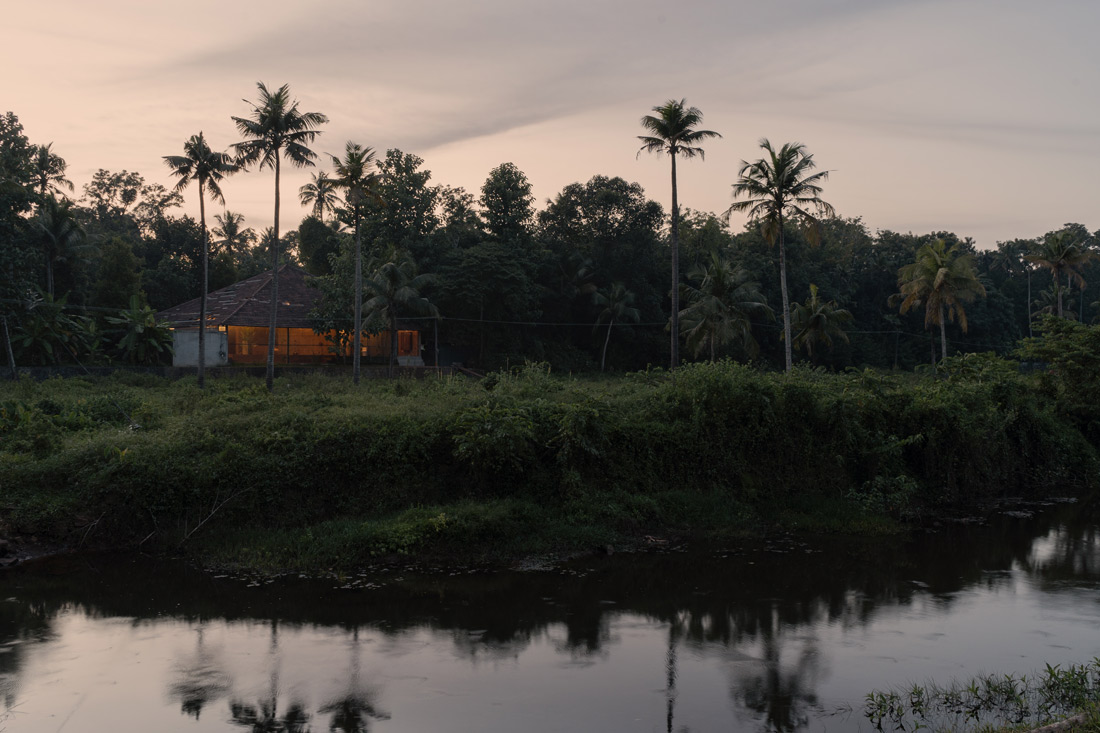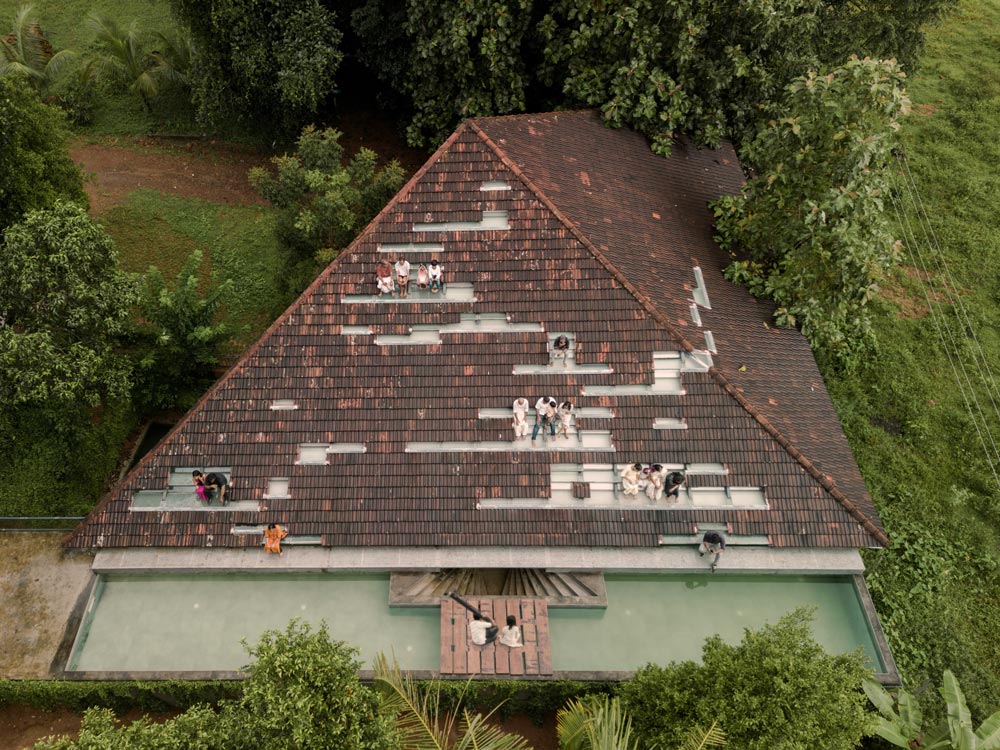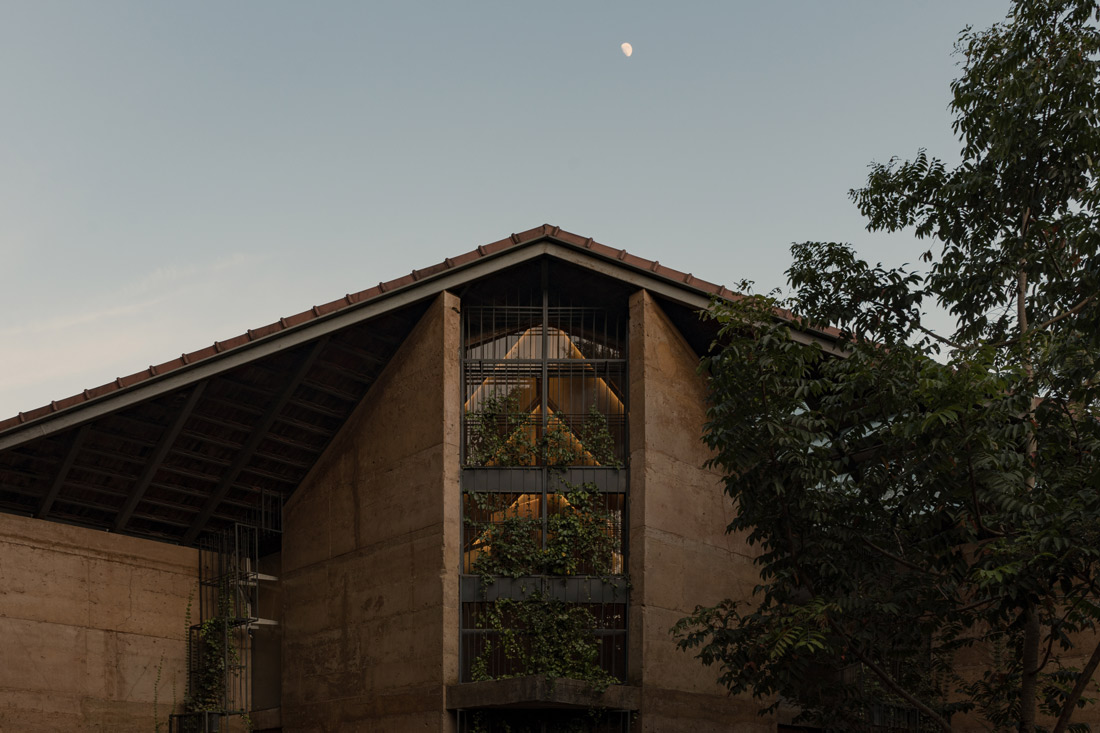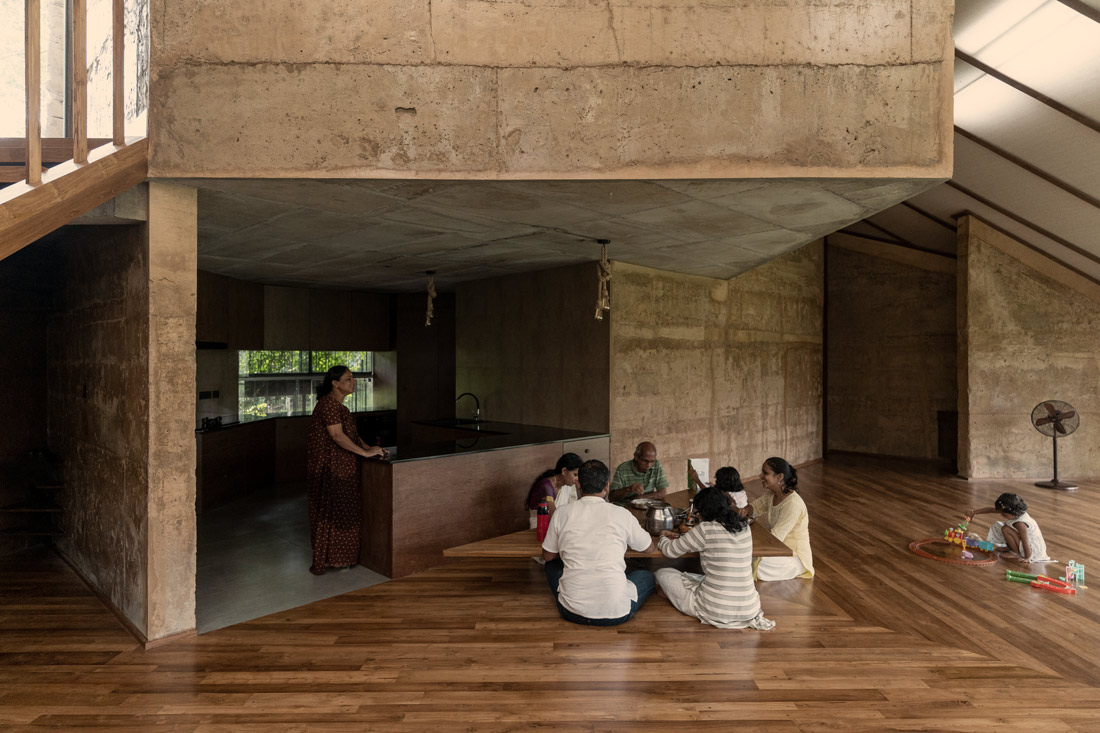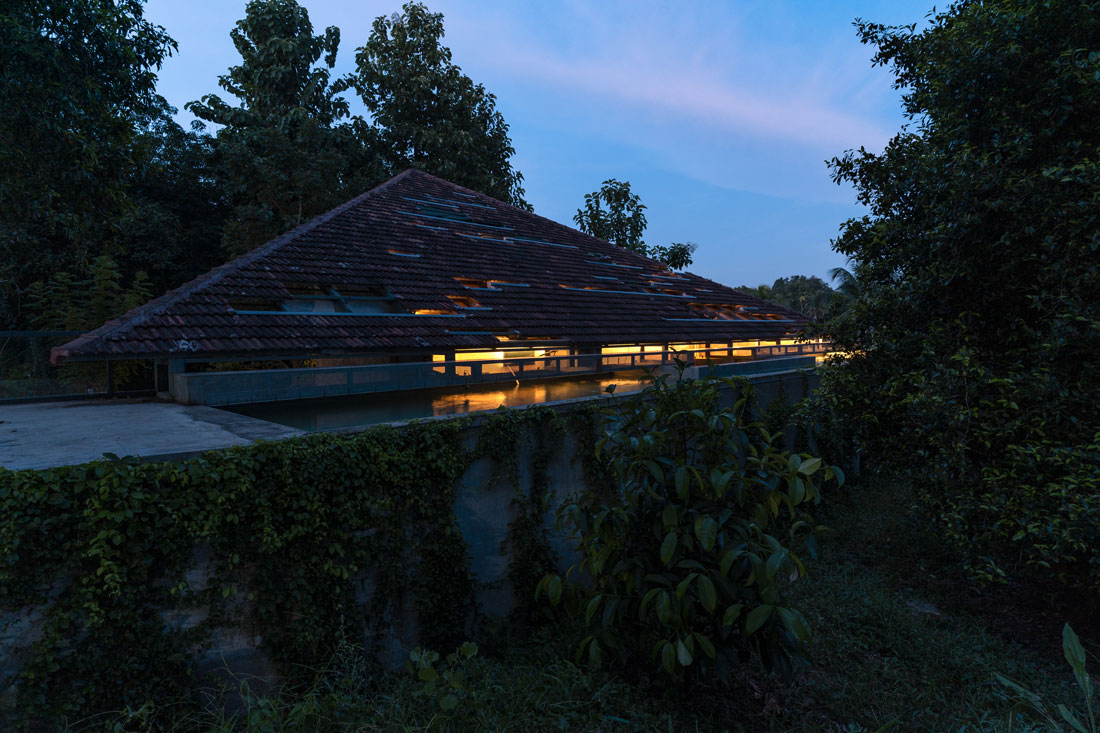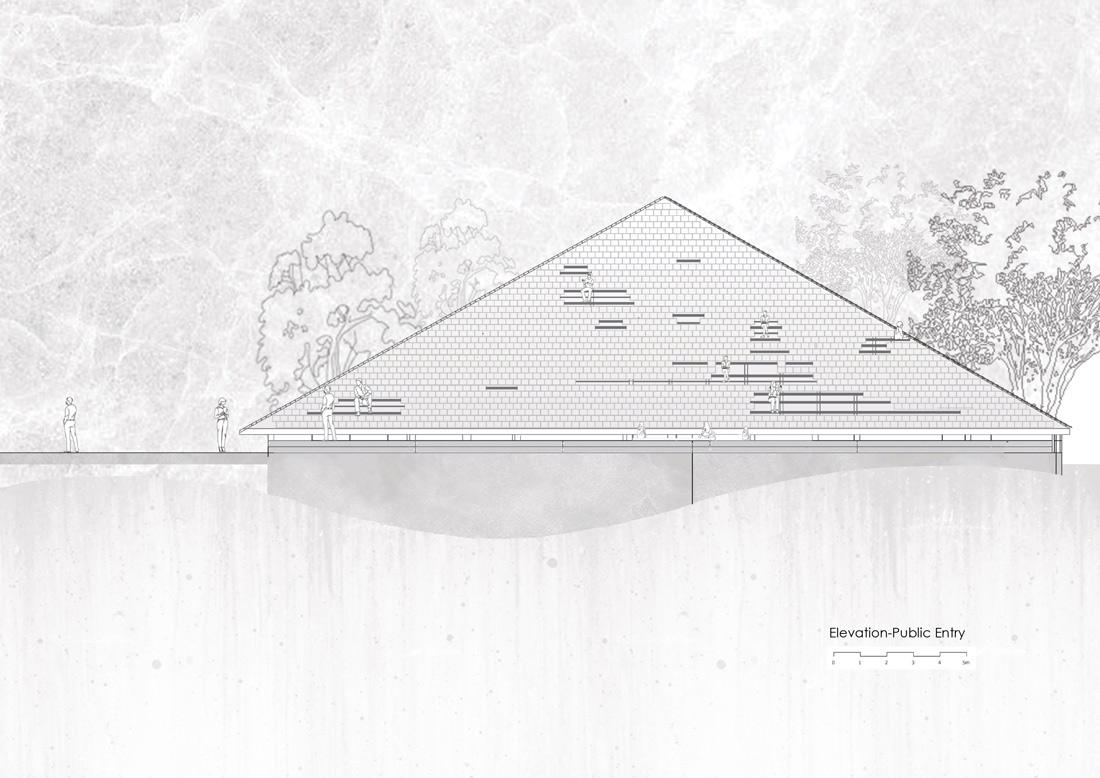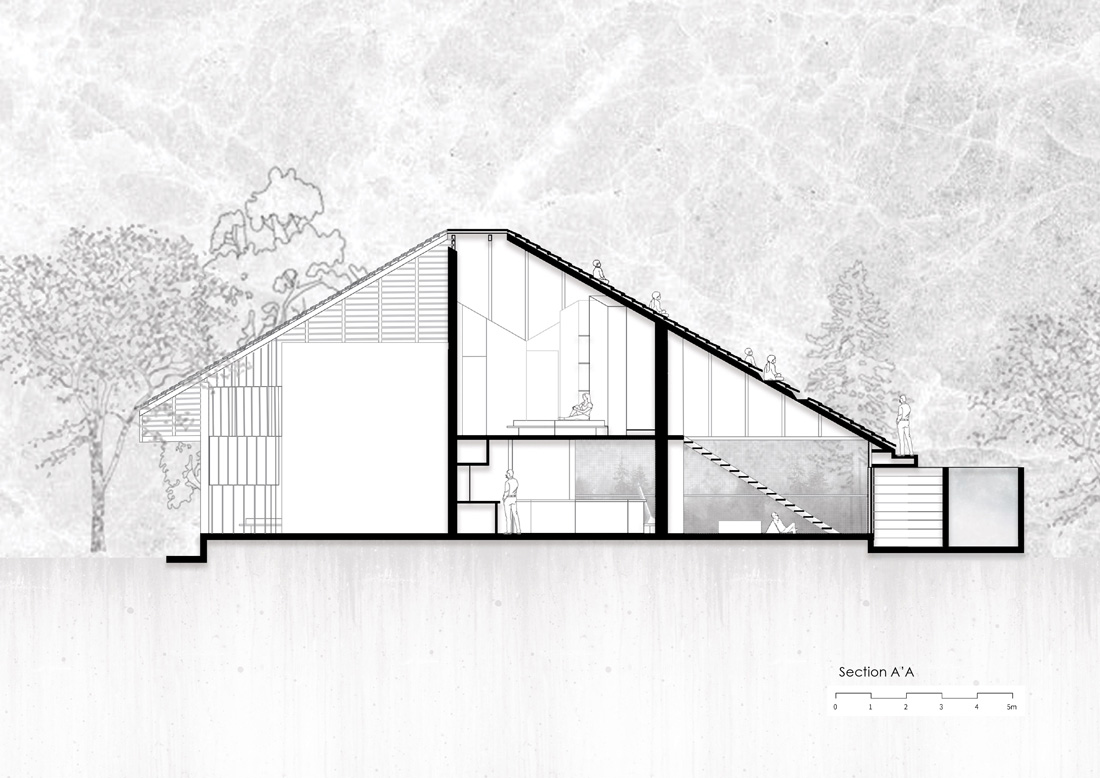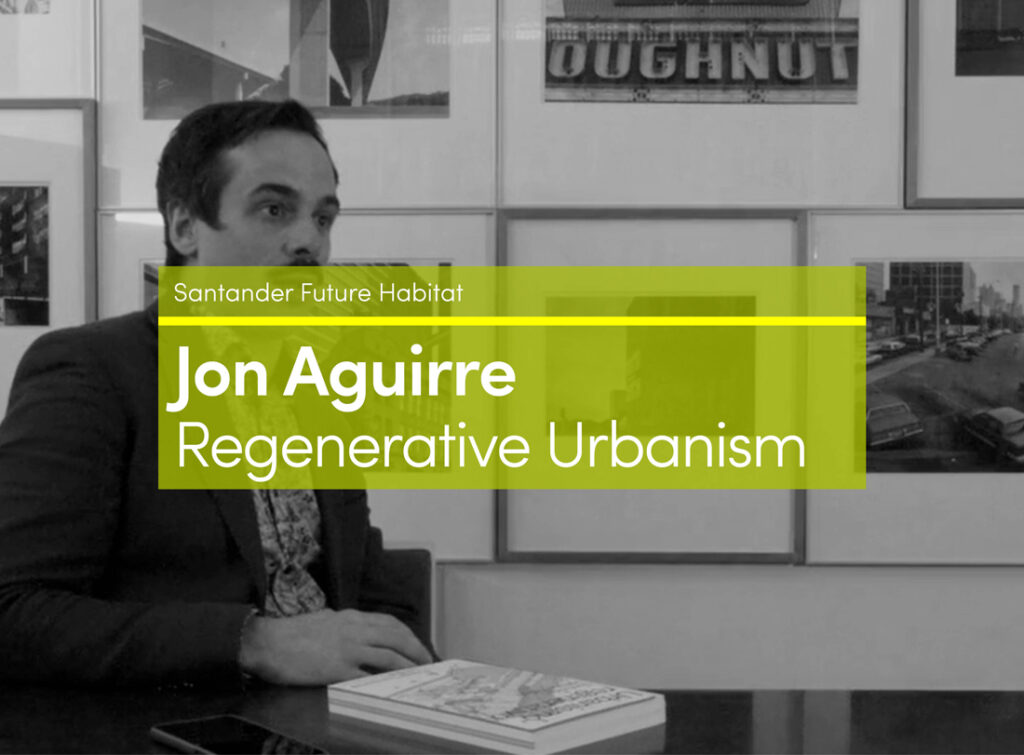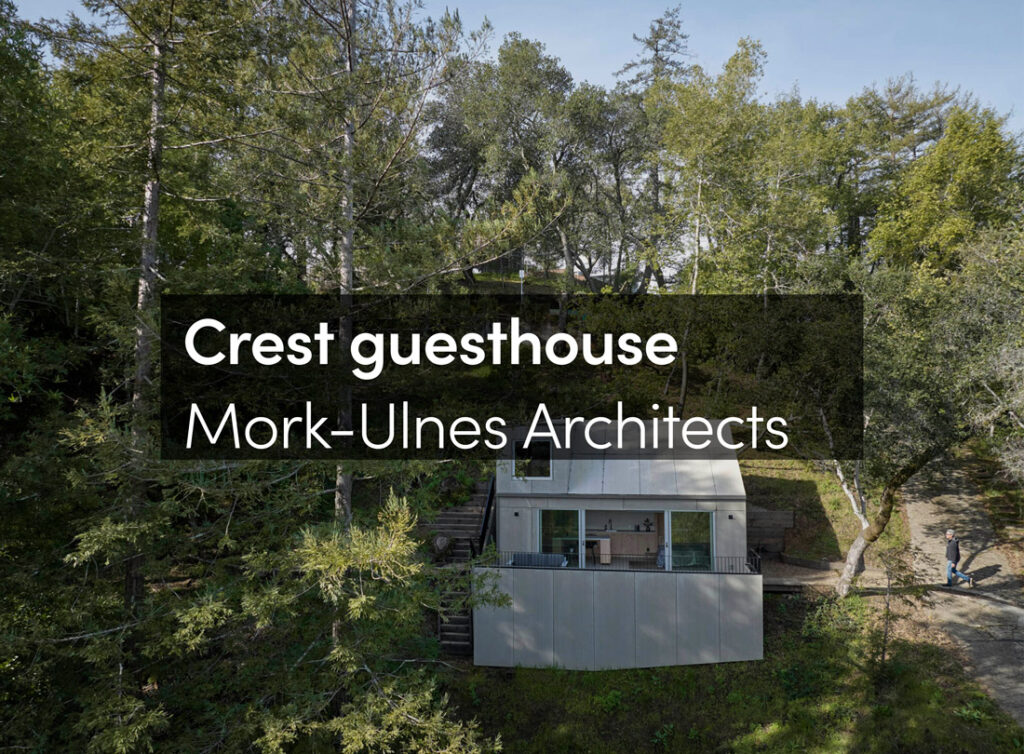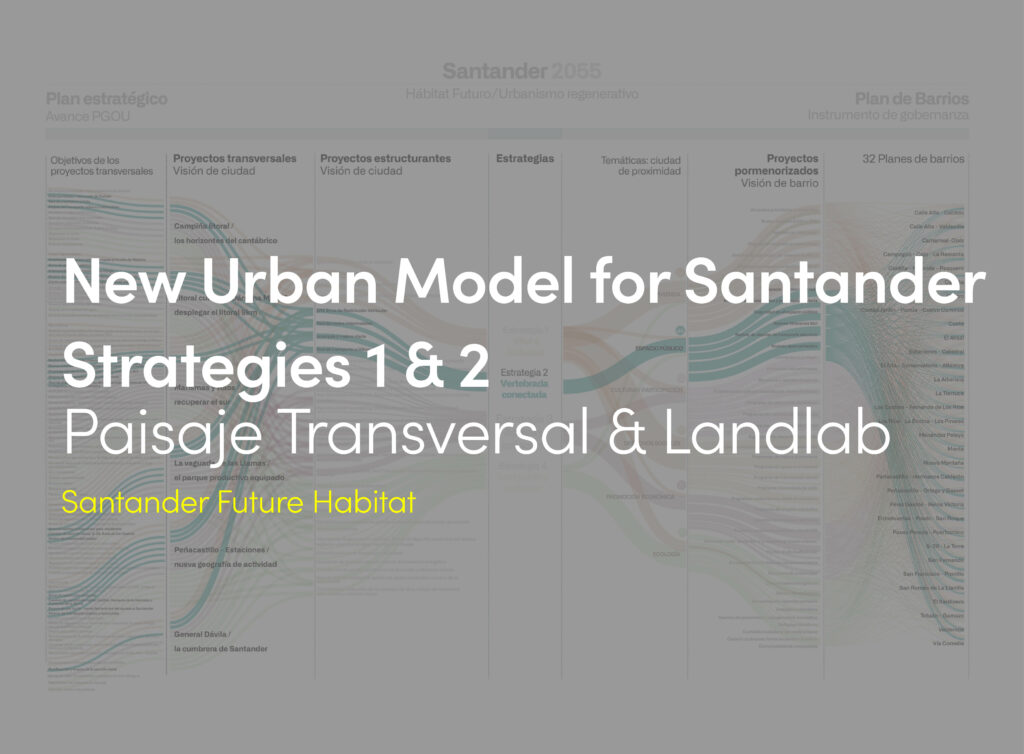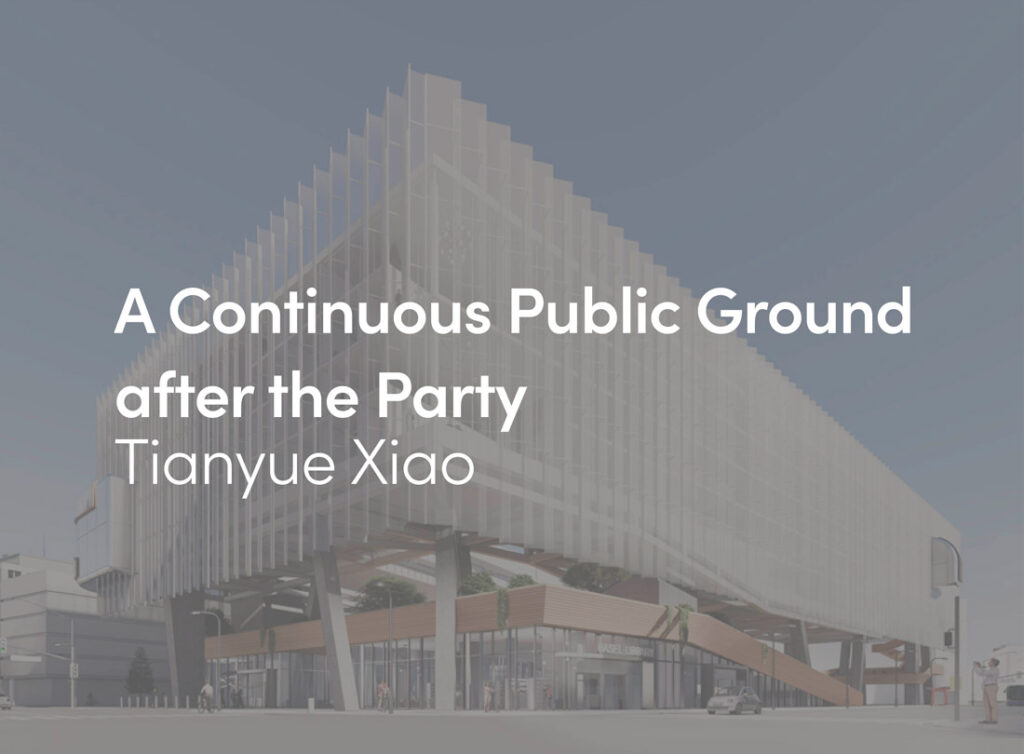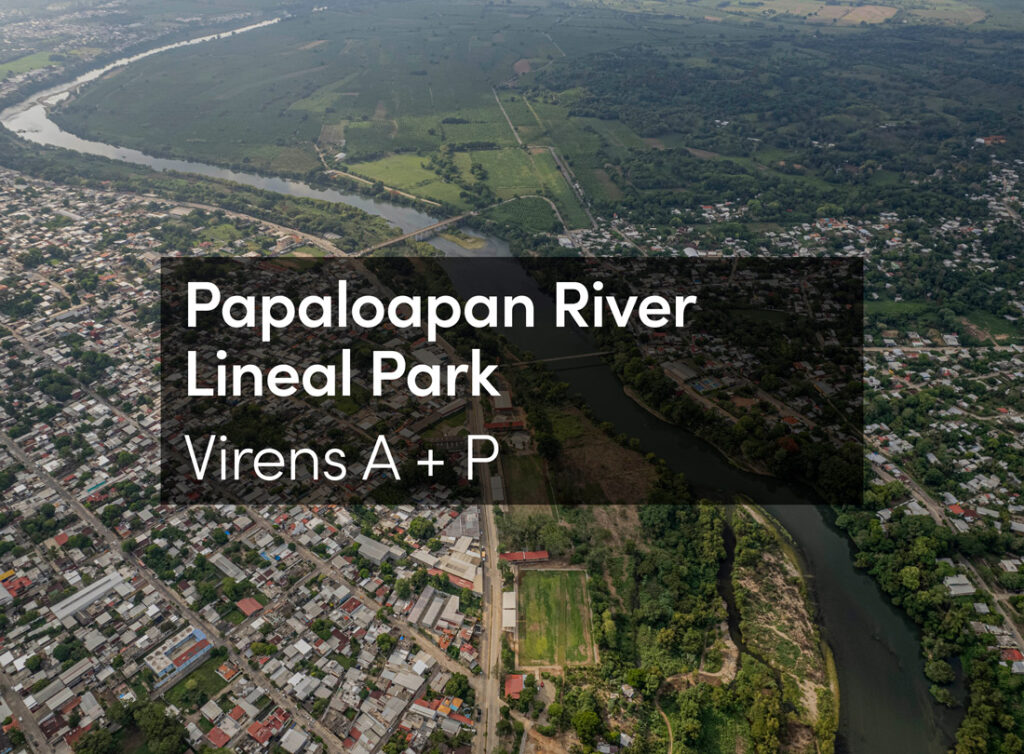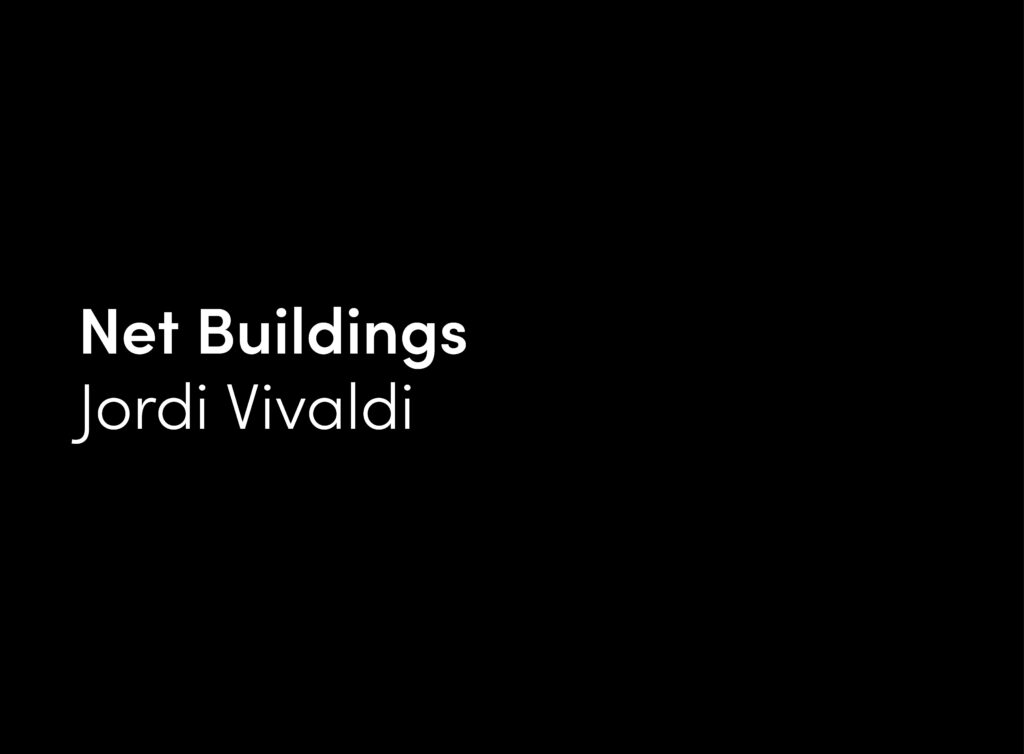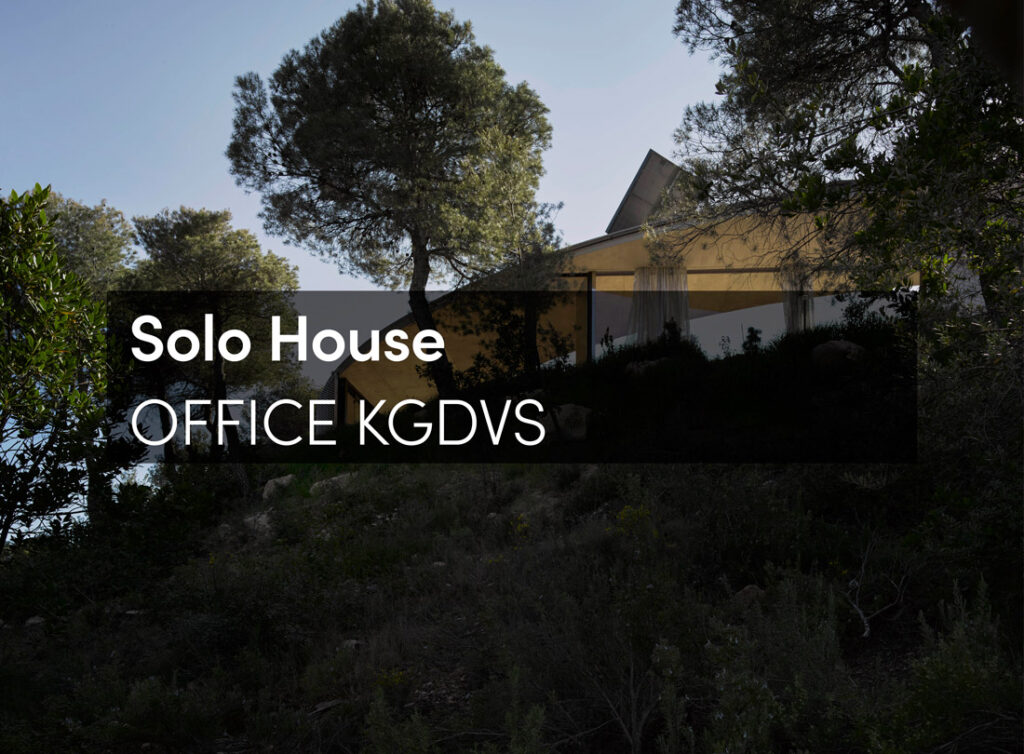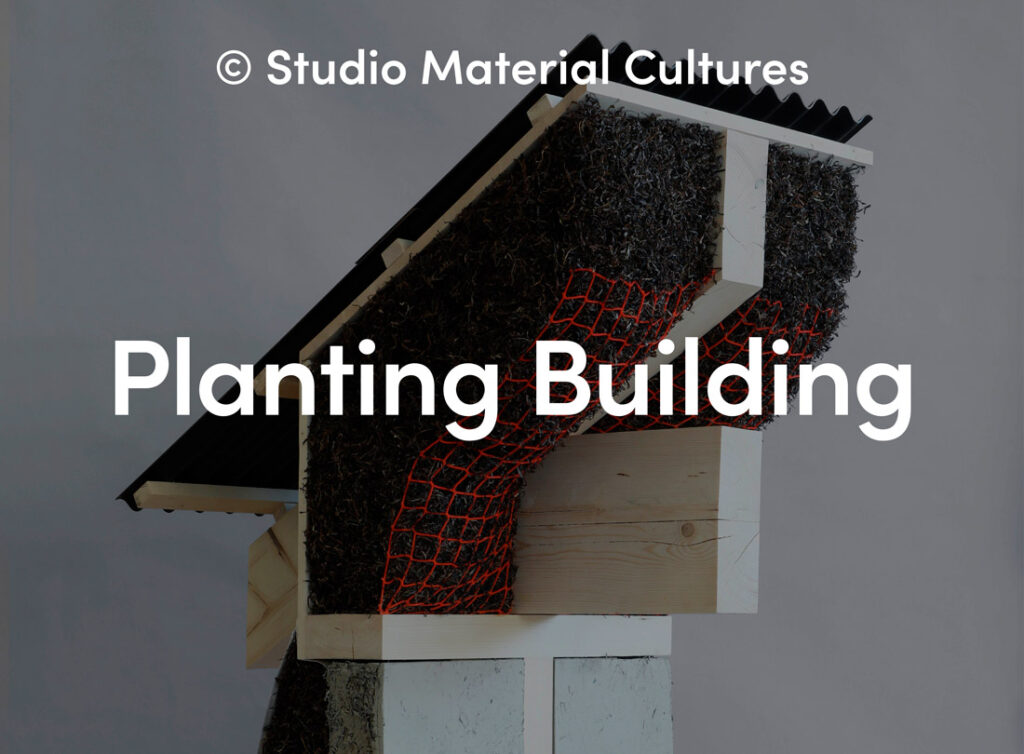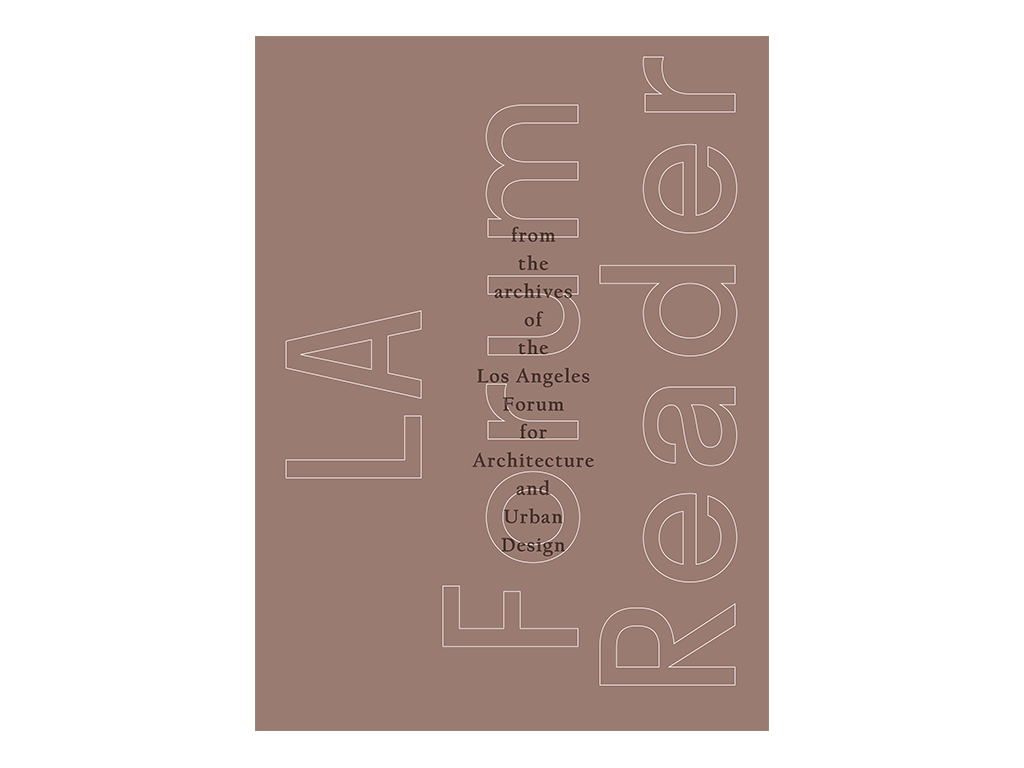Nisarga Art Hub is an initiative by a family of musicians to make a community residency where people can interact and congregate for art and cultural events. The site was near a paddy field, with the traditional “Kerala Roofs” being the only feature crowding the horizon around it.
Even though these traditional roofs are famous for being the ideal insulators and temperature regulators, they are a waning feature in contemporary architecture, simply because the darkness they bring is not suited to modern comfort and aesthetics. This led to the idea of breaking open the roof to accommodate skylights that stream in the light. The 35° angle of the roof seemed to perfectly match with the 30° angle of an open-air amphitheatre, and the idea for the same skylights to become seating spaces for an audience was born. A series of wooden planks could be set on the swimming pool, and it immediately doubles as a stage for open-air concerts that can accommodate 75-80 people.
The separate entry to the Hub, ensuring that activities can happen above in parallel undisturbed, opens into a large living space overlooking the field. The interior spaces are conceived as open flexible spaces where the occupants mostly use the wooden floors for interacting with visitors and for dining, as was the preference of the clients who advocated the benefits of the ‘Padmasana’ position (sitting lotus pose). The walls that are built using our patented Shuttered Debris Wall Technique, made from construction debris collected from the neighbouring town and soil from the site, are entirely loadbearing, supporting even a 4-meter cantilevered recording studio on the first floor.
The west-facing side of the Hub had the guest rooms, which are protected with discarded racks collected from a scrapyard that became a lattice and allowed for a curtain of creepers to shield them from the afternoon sun. The strategically designed breaks in the roof allow light to stream in, diffused by jute sack rolls, while allowing the hot air to escape. Laterite blocks reclaimed from demolished buildings form the verandah in front of the home, reminiscent of the old muttams of traditional Kerala homes. The building is designed like music: where the pauses between the notes are more important than the notes themselves, where the built architecture stops and the empty spaces in between speak volumes.
